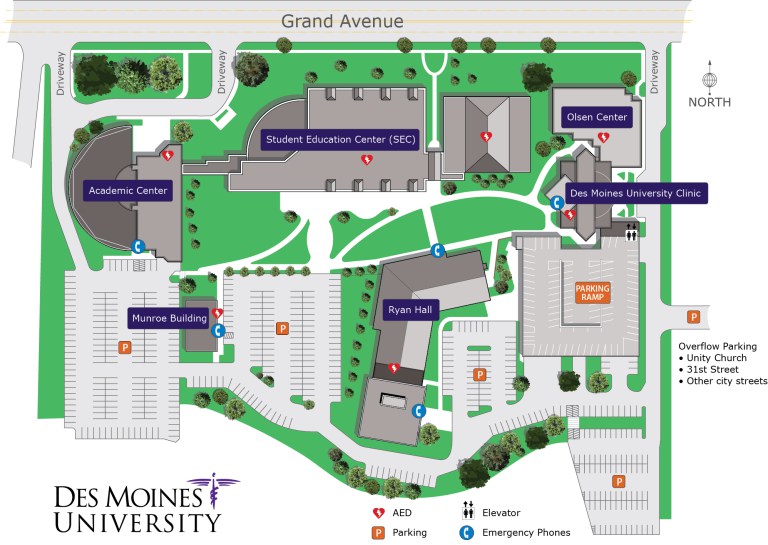Incorporating Psychosocial Factors of Vestibular Rehab

| Registration |
|---|
Two attendance options:
|
Target Audience
IPTA Southwest District members, physical therapists, physical therapy assistants, students.
Agenda
| 7 pm | Continuing Education Session: Incorporating Psychosocial Factors of Vestibular Rehab David Plutschack, OTD, OTR/L, BCPR, CEAS
|
| 8 pm | IPTA Southwest District Meeting If you have an item you'd like to add to the IPTA Business Meeting agenda, please email Juanita Robel at Juanita.Robel@dmu.edu. |
| 9 pm | Adjourn |
Speaker
David Plutschack, OTD, OTR/L, BCPR, CEAS
Assistant Professor of Occupational Therapy, Drake University
- Creighton University 2010
- BSHS, OTD
- OT employment background
- Hospital based
- Acute care and Inpatient rehabilitation
- Outpatient hand therapy
- Hospital based
- Current position
- Assistant Professor of Occupational Therapy
- Kinesiology, UE rehab, Work rehab & ergonomics
- Assistant Professor of Occupational Therapy
- AOTA Board Certified in Physical Rehabilitation
Relevant to the content of this CME activity, Dr. Plutschack indicated he has no financial relationships with commercial interests to disclose.
References
- Agrawal, Y., Carey, J. P., Della Santina, C. C., Schubert, M. C., & Minor, L. B. (2009). Disorders of Balance and Vestibular Function in US Adults. Archives of Internal Medicine, 169(10), 938. doi:10.1001/archinternmed.2009.66
- Best, C., Eckhardt-Henn, A., Tschan, R., & Dieterich, M. (2009). Psychiatric morbidity and comorbidity in different vestibular vertigo syndromes. Journal of Neurology, 256(1), 58-65. doi:10.1007/s00415-009-0038-8
- Ko C, Hoffman HJ, Sklare DA. Chronic Imbalance or Dizziness and Falling: Results from the 1994 Disability Supplement to the National Health Interview Survey and the Second Supplement on Aging Study. Poster session of the Twenty-ninth Annual Midwinter Meeting of the Association for Research in Otolaryngology, Feb. 5–9, 2006.
- Mukkadan, J., Rajagopalan, A., Jinu, K., Sailesh, K., Mishra, S., & Reddy, U. (2017). Understanding the links between vestibular and limbic systems regulating emotions. Journal of Natural Science, Biology and Medicine, 8(1), 11. doi:10.4103/0976-9668.198350
- Redfern, M. S., Muller, M. L., Jennings, J. R., & Furman, J. M. (2002). Attentional dynamics in postural control during perturbations in young and older adults. The Journals of Gerontology Series A: Biological Sciences and Medical Sciences, 57(8), B298-B303. doi:10.1093/gerona/57.8.b298
- Savastino, M., Marioni, G., & Aita, M. (2007). Psychological characteristics of patients with Meziere's disease compared with patients with vertigo, tinnitus, or hearing loss. ENT Journal, 148-156.
- Vestibular Disorders Association. (2016, May 5). The Human Balance System. Retrieved from http://vestibular.org/understanding-vestibular-disorder/human-balance-system

Des Moines University is located on a 22-acre campus in the heart of Des Moines, Iowa. Just west of downtown on Grand Avenue, the University is located in one of Des Moines’ most prestigious neighborhoods. The campus is in a historic neighborhood filled with tree-lined streets and gracious older homes and businesses. Its central location makes it easy to access the rest of the city and outlying communities. The campus is close to the Des Moines International Airport, located on the bus line and just blocks from local shopping and downtown Des Moines.

Continuing Education Credit
Certificates of attendance will given for 1.0 continuing education contact hour.
EDUCATIONAL GRANTS
No commercial interest provided financial support for this continuing education activity.
Available Credit
- 1.00 CE Contact Hour(s)

 Facebook
Facebook Twitter
Twitter LinkedIn
LinkedIn Forward
Forward